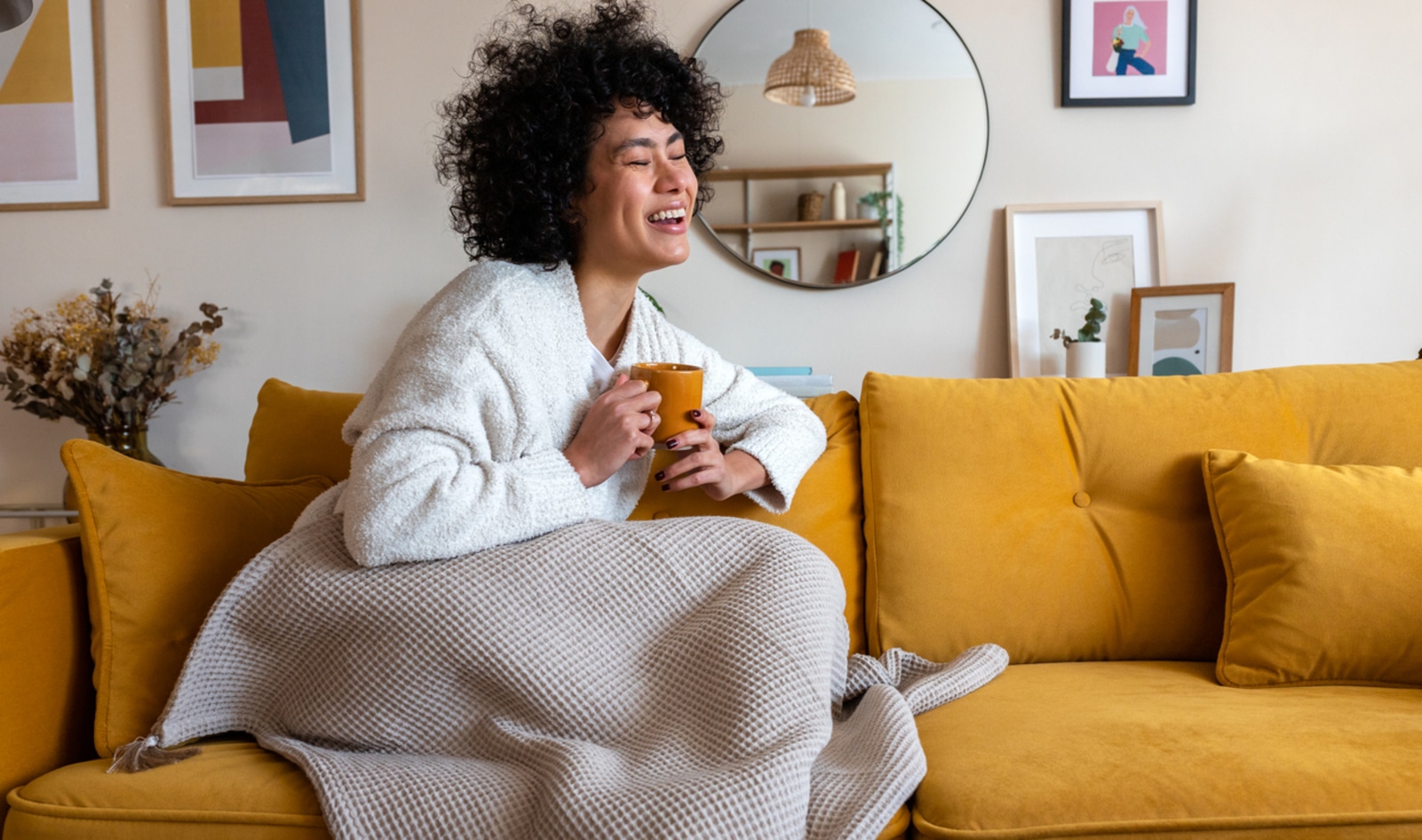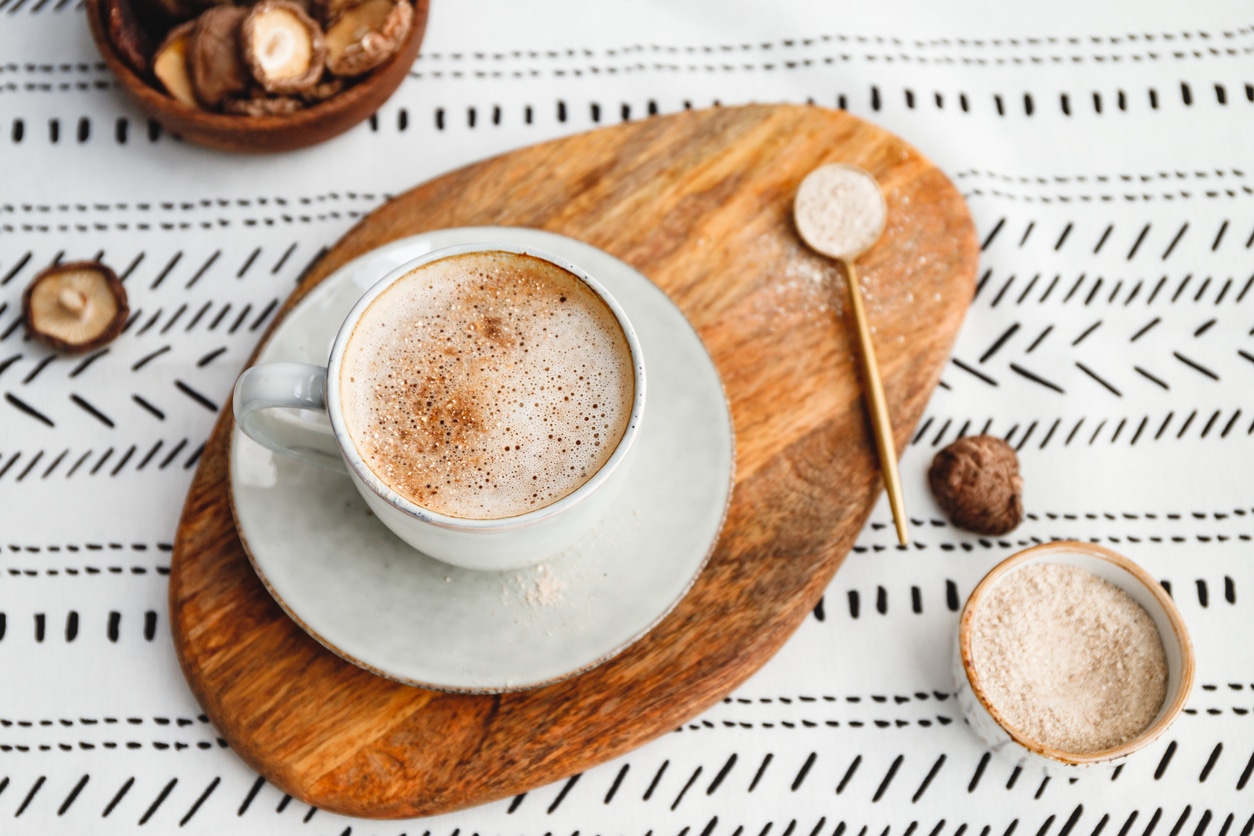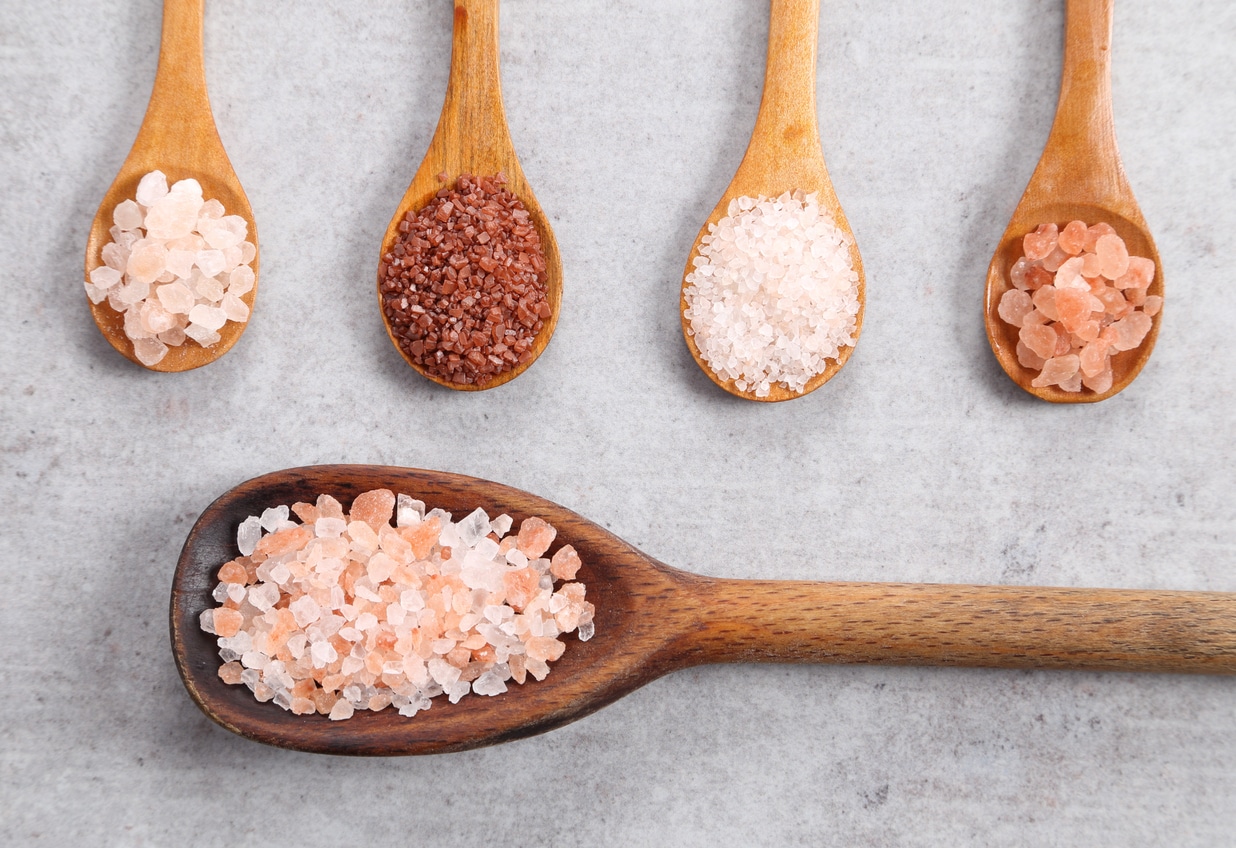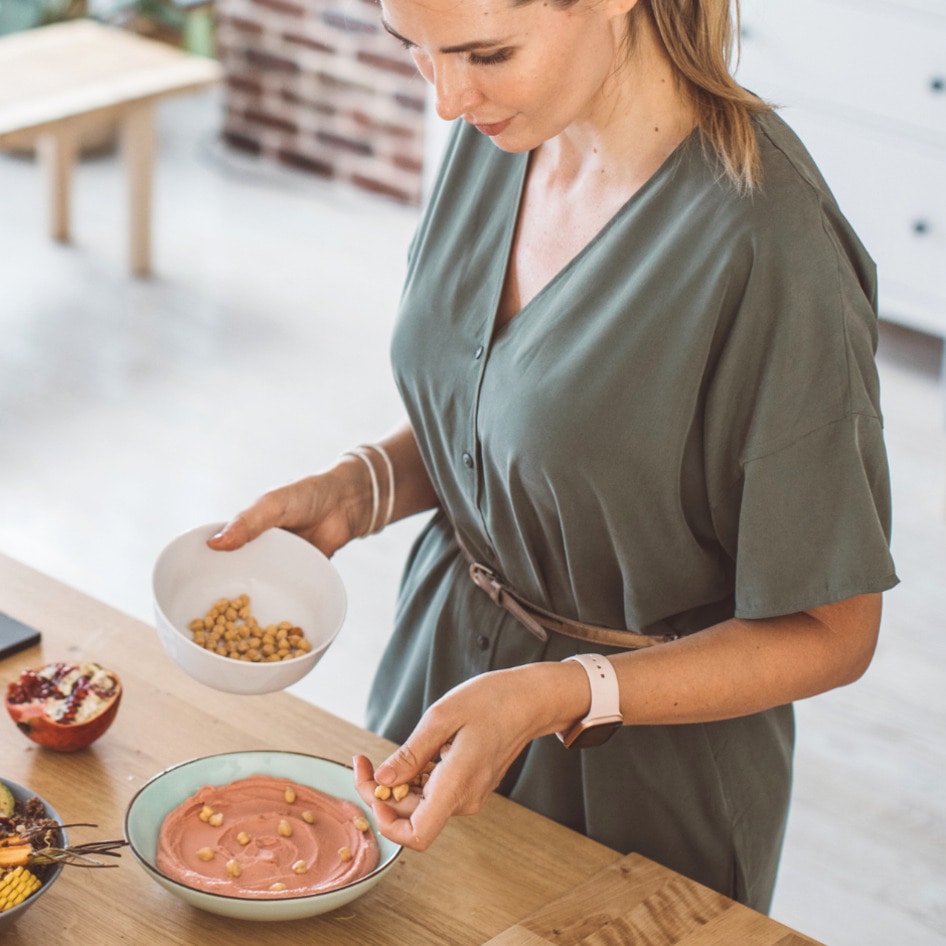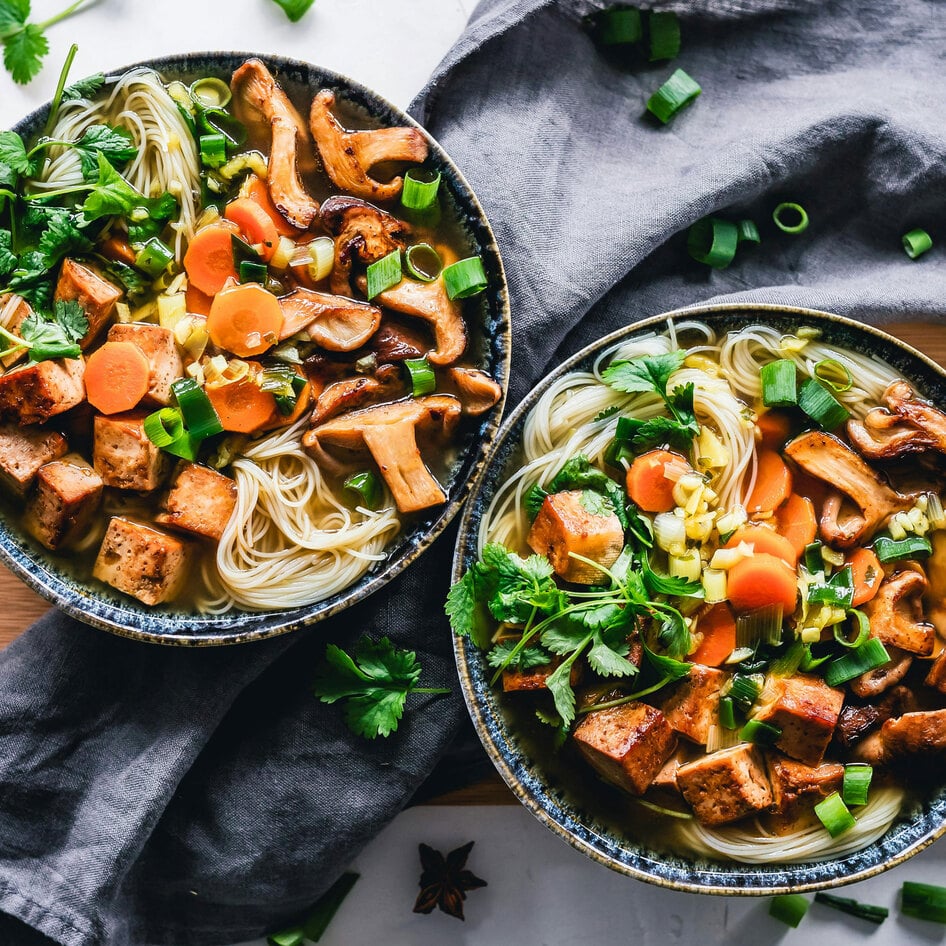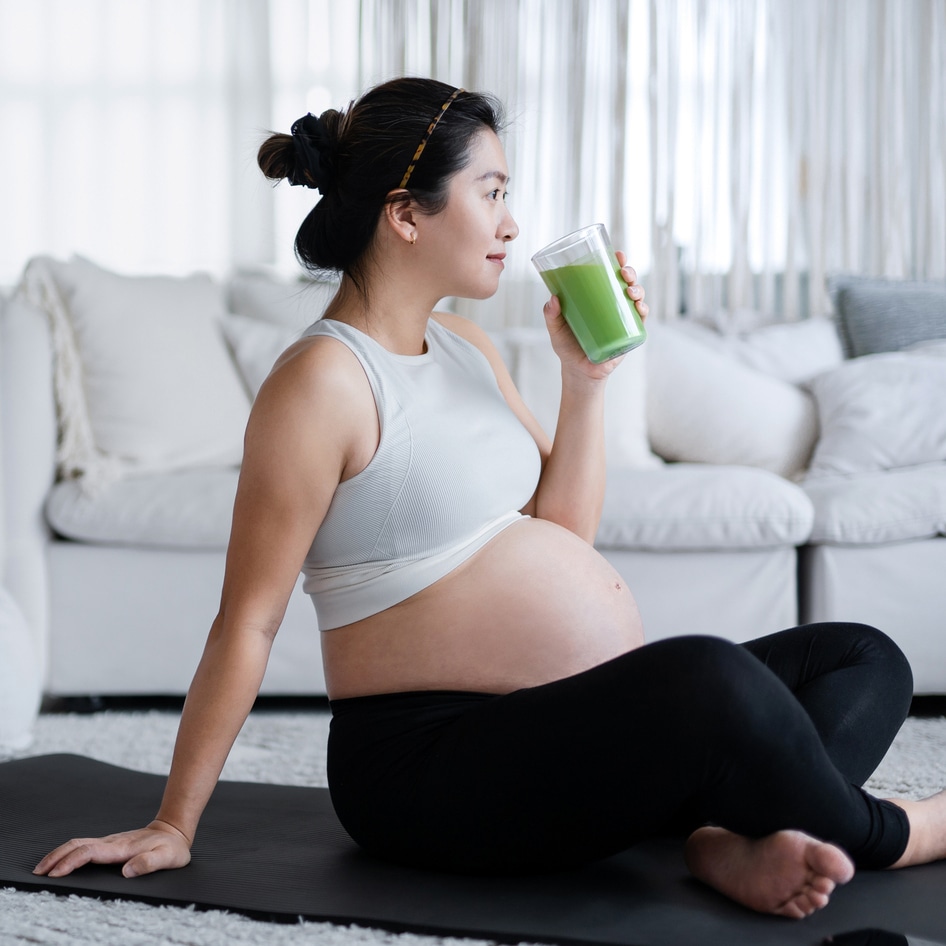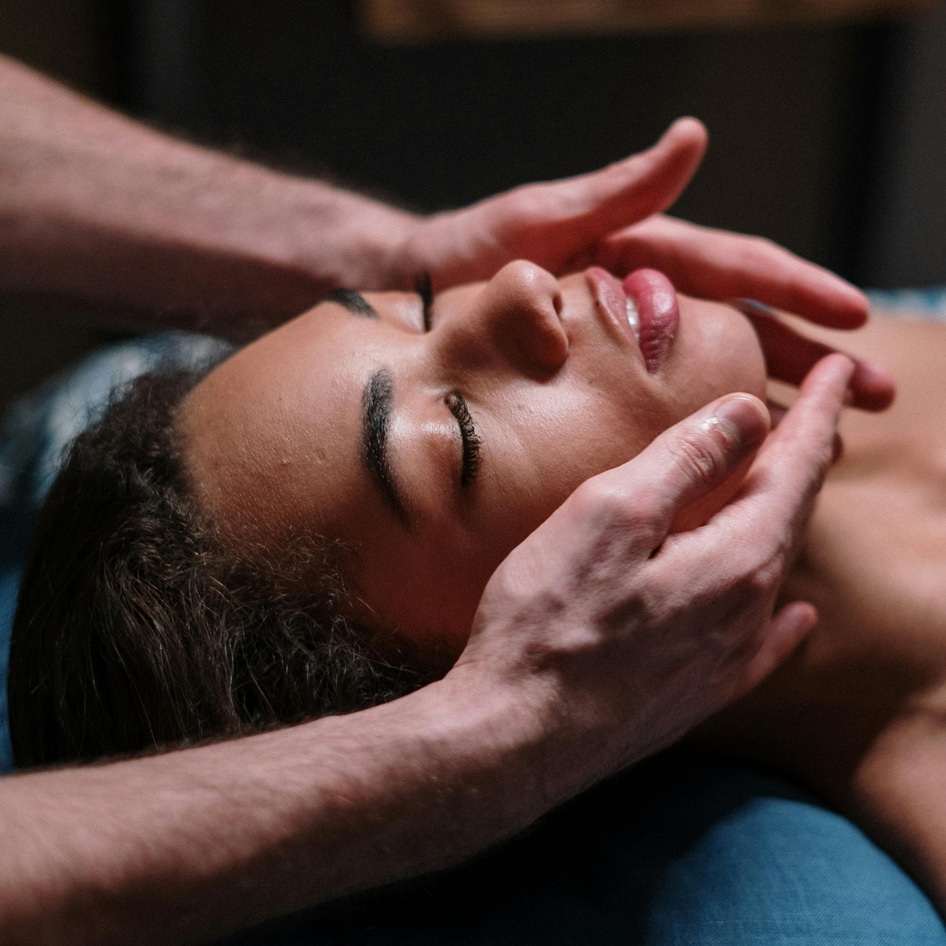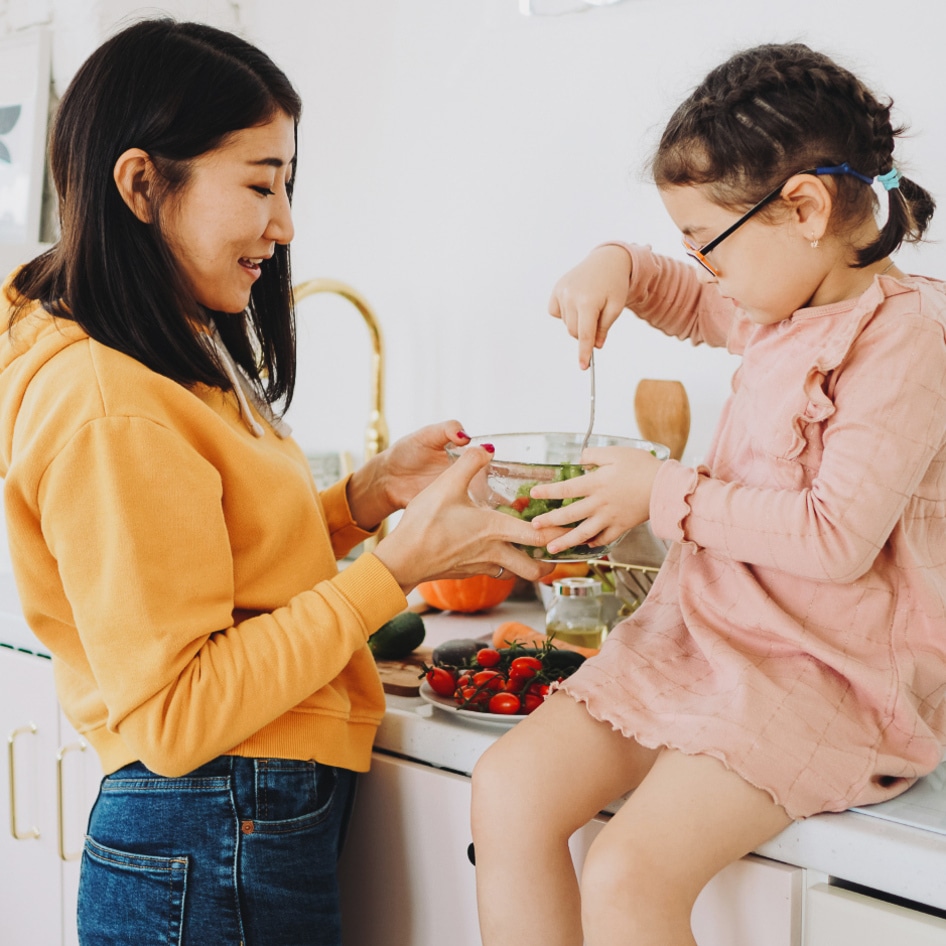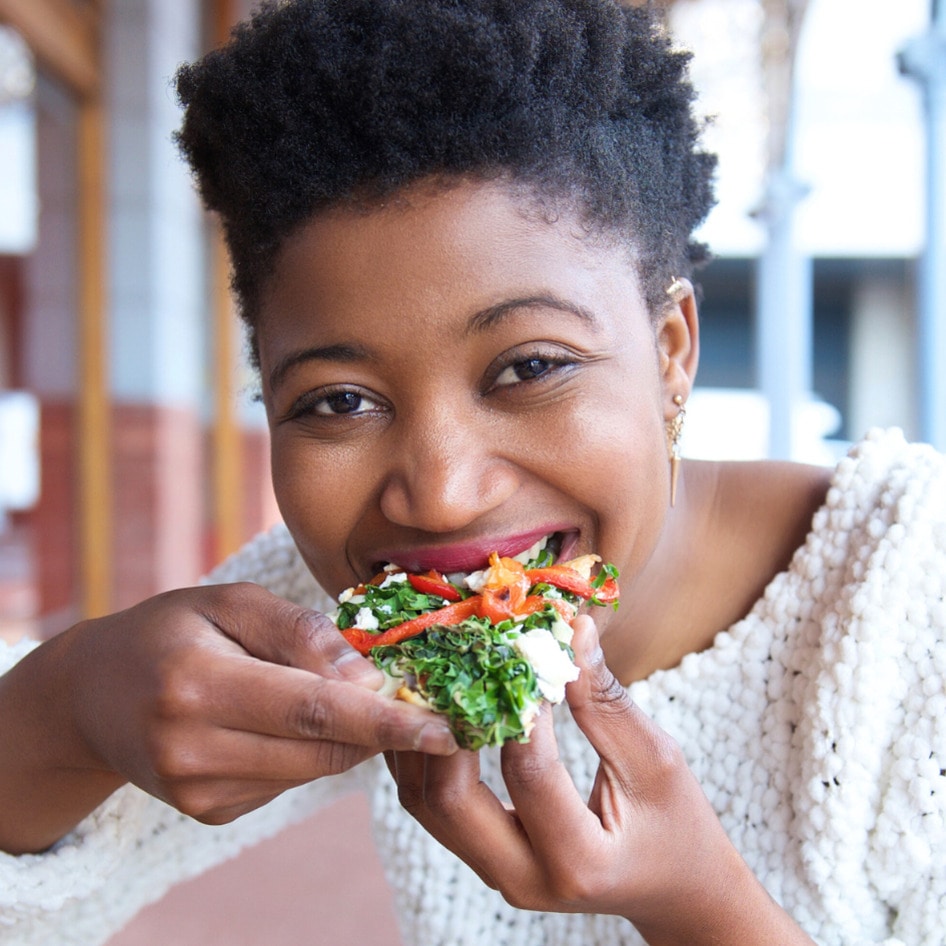Recent research suggests that adopting a vegan diet could alleviate menstrual cramps more effectively than other dietary choices. Vegan physician and reproductive health expert Stacy De-Lin, MD, sheds light on how certain foods impact period pain and shares her expert advice on vegan-friendly options for reproductive health and contraception.
Eating for your period
Having period pain? Studies show that certain foods can contribute to worsening cramps, while others may help. Here’s where to start.
1 Avoid caffeine
You might feel tired when you’re having cramps and grab a cup of coffee to perk you up, but it can actually make your cramps worse. Caffeine is a known vasoconstrictor (causing blood vessels to constrict), and that includes those that feed the uterus, which can result in more intense cramps. So skip the java and hydrate with water to ease cramps instead.
2 Eat less salty foods
Bloating and your period seem to go hand in hand. Progesterone and estrogen levels drop when your cycle begins, which can cause bloating as fluids leak from the blood vessels to the surrounding tissues—an unpleasant feeling that salty foods can only worsen. You can trigger the same brain receptors that are set off by a salty snack with other boldly flavored foods, so switch up snack time with some unsalted tortilla chips and pico de Gallo.
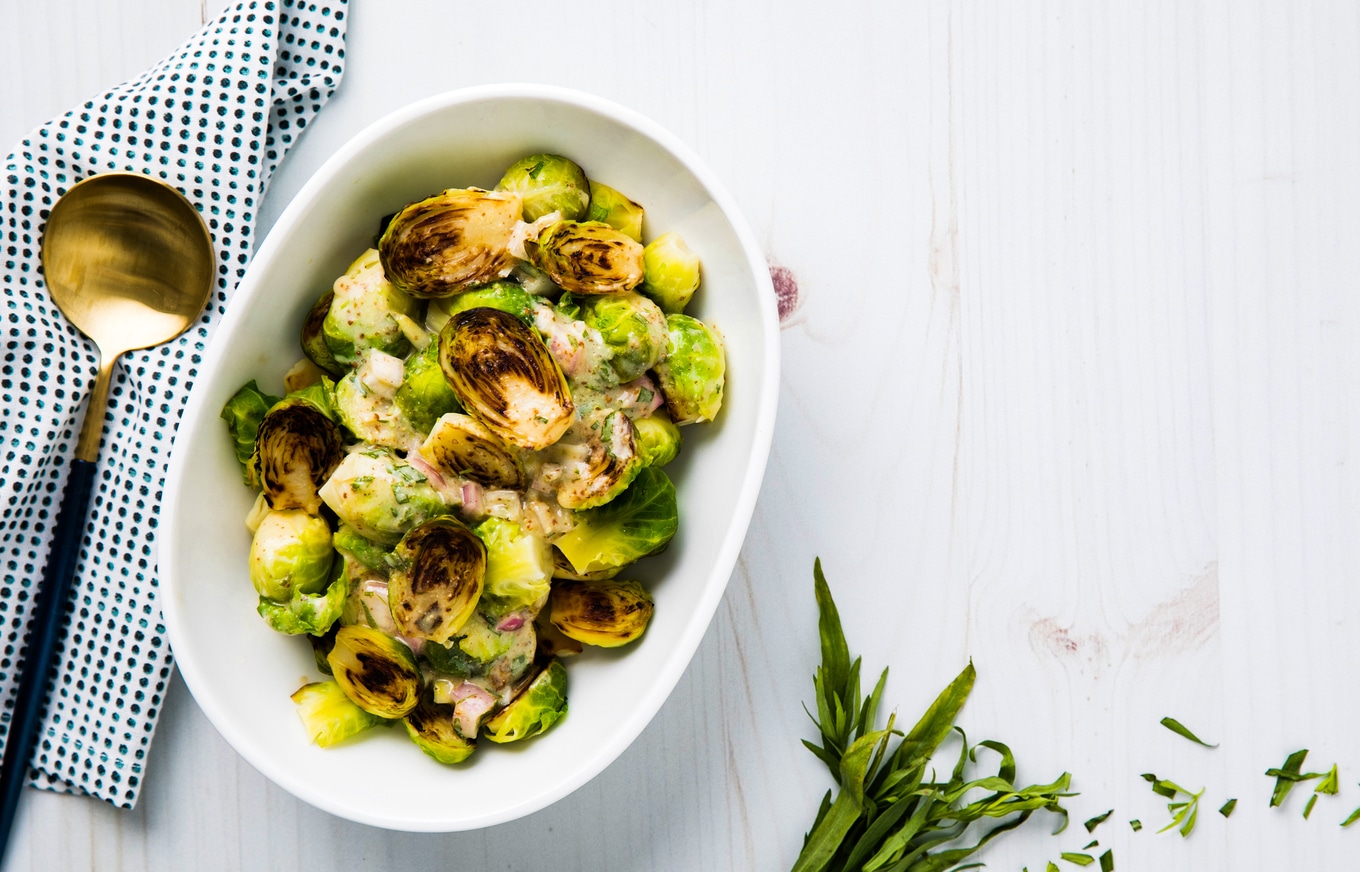 Julieanna Hever and Ray Cronise
Julieanna Hever and Ray Cronise
3 Get more omegas
There isn’t any overwhelming data that one supplement can ease period pain, but a number of studies are ongoing to see if omega-3 supplements can help with cramping and the inflammatory aspects of periods—some are even showing a reduction in depression, anxiety, and bloating in people taking these supplements. This means that plant-based sources of omega-3s like Brussels sprouts, chia seeds, hemp seeds, walnuts, and seaweed—already healthful options—could be worthwhile additions to your diet.
Try this recipe: Healthy Vegan Tarragon Mustard Brussels Sprouts
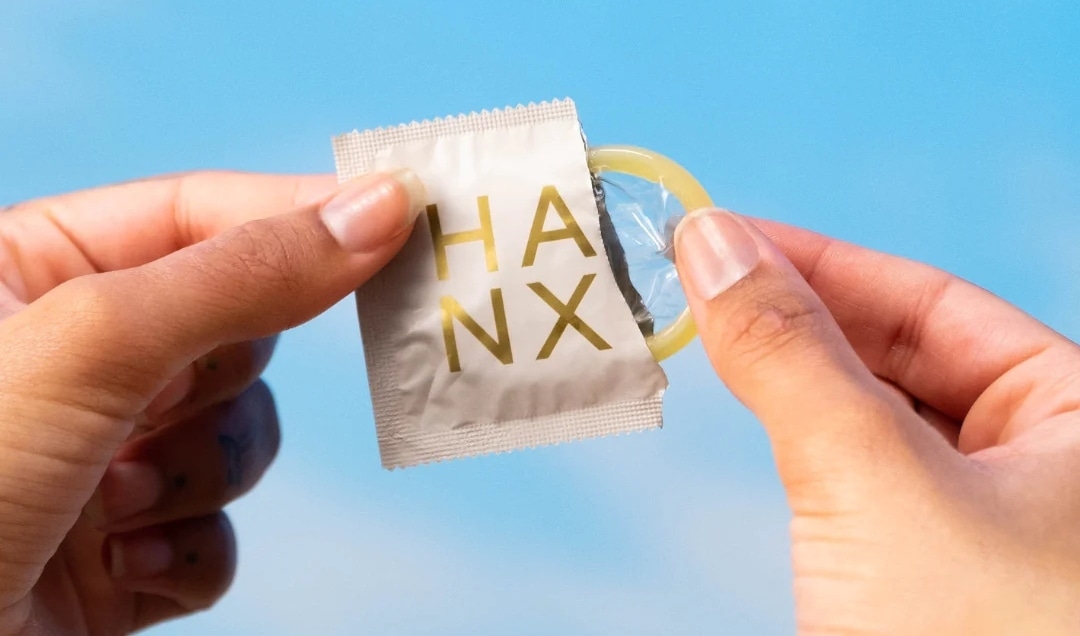 Hanx
Hanx
Vegan-friendly contraceptives
“When patients ask me what the ‘best’ birth control is, I respond that the best birth control is the one that works best for you.” —Stacy De-Lin, MD
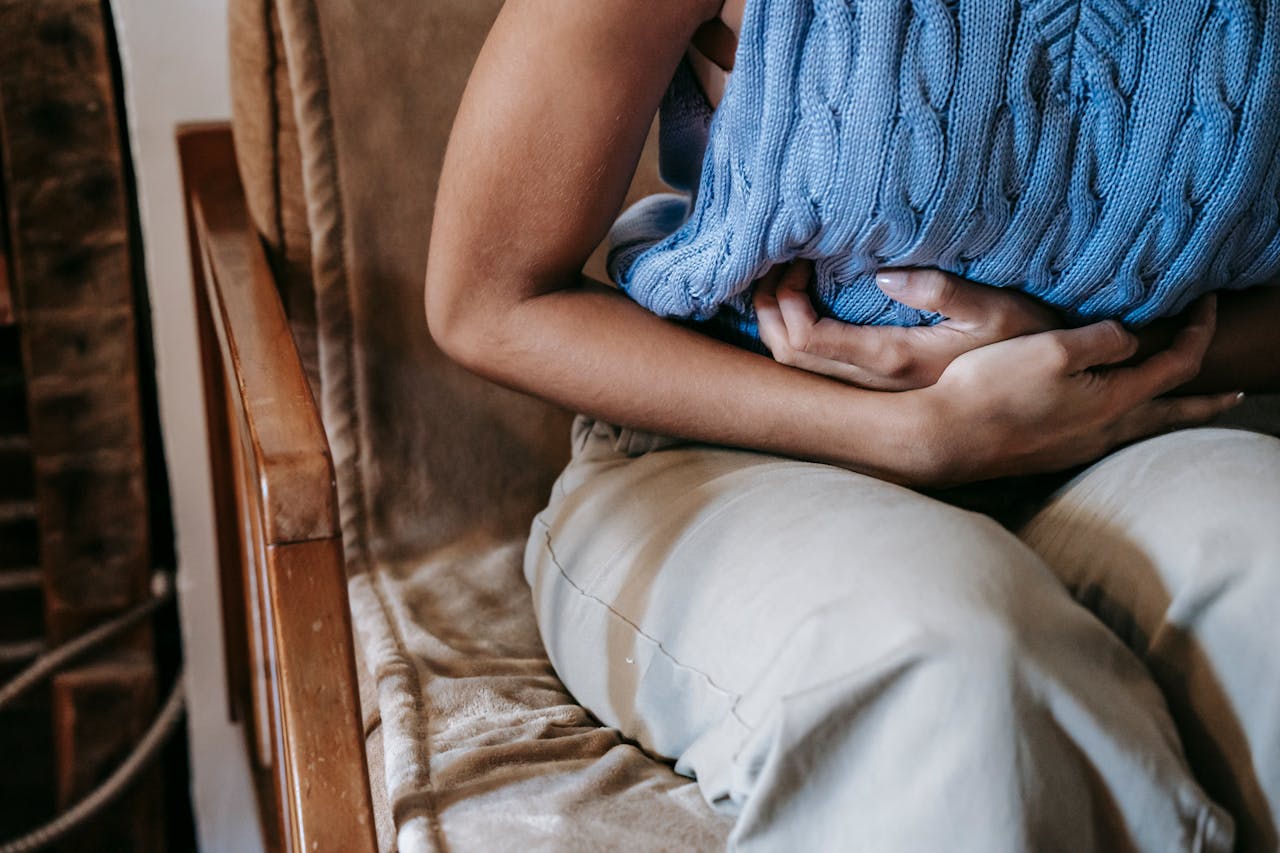 Pexels
Pexels
Menstruation myth busting
Menstrual cups, period underwear, tampons—there are virtually endless options out there when it comes to period care, and about just as many opinions on which are best. It’s time to get down to the facts and bust some menstruation myths.
MYTH: Herbal-infused sanitary pads are better for you.
STACY SAYS FALSE. You may have seen ads for sanitary pads or tampons with herbs and inclusions like mint, lavender, and aloe for an extra soothing sensation or to eliminate odor. Vegans may be tempted by these seemingly natural options, but not only is there no evidence to support the use of “herb-infused” products, they can cause vulvar irritation, allergic reactions, and, potentially, infections. To combat odor, it can be helpful to ensure you’re changing pads and tampons frequently, showering regularly, and wearing breathable cotton. If a problem persists, talk to your healthcare provider.
MYTH: Organic tampons and pads aren’t worth the money.
STACY SAYS TRUE. Organic products may be better for the environment, but when it comes to your personal health, there’s no scientific evidence that suggests organic tampons are safer than non-organic, even if marketing makes you feel otherwise. Claims that conventional tampons contain dangerous toxins like dioxin are unfounded. In fact, any exposure from tampons is minimal, and research shows that you would have to use dozens of tampons in a month to experience negative side effects, and you’d still be exposed to less than what’s considered toxic. So save your well-earned cash—there’s no health-related reason to invest in expensive organic tampons.
MYTH: Everyday pads and tampons are the best options for period care.
STACY SAYS FALSE. For menstruating people, remember that pads and tampons are not your only options. New products on the market, such as menstrual cups and period underwear, may make periods more comfortable, and users can choose these products according to period flow and personal preference. For the ecologically minded, some of these alternatives can be much more comfortable, and users can choose these products according to period flow and personal preference. And for the ecologically minded, some of these alternatives can be much more sustainable, as well.
For more on health, read:
JUMP TO ... Latest News | Recipes | Guides | Health | Subscribe
Here at VegNews, we live and breathe the plant-based lifestyle, and only recommend products we feel make our lives amazing. Occasionally, articles may include shopping links where we might earn a small commission, but in no way does this effect the editorial integrity of VegNews.

